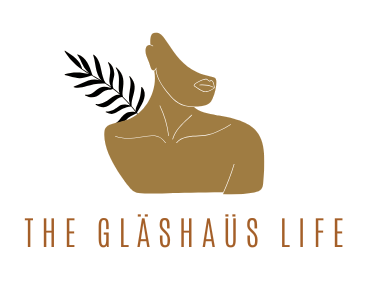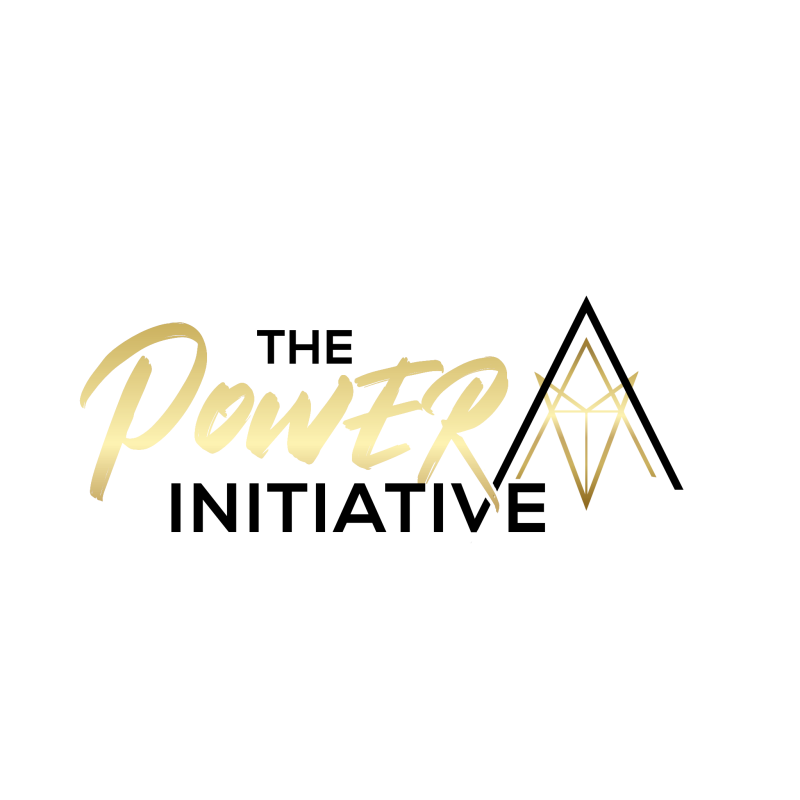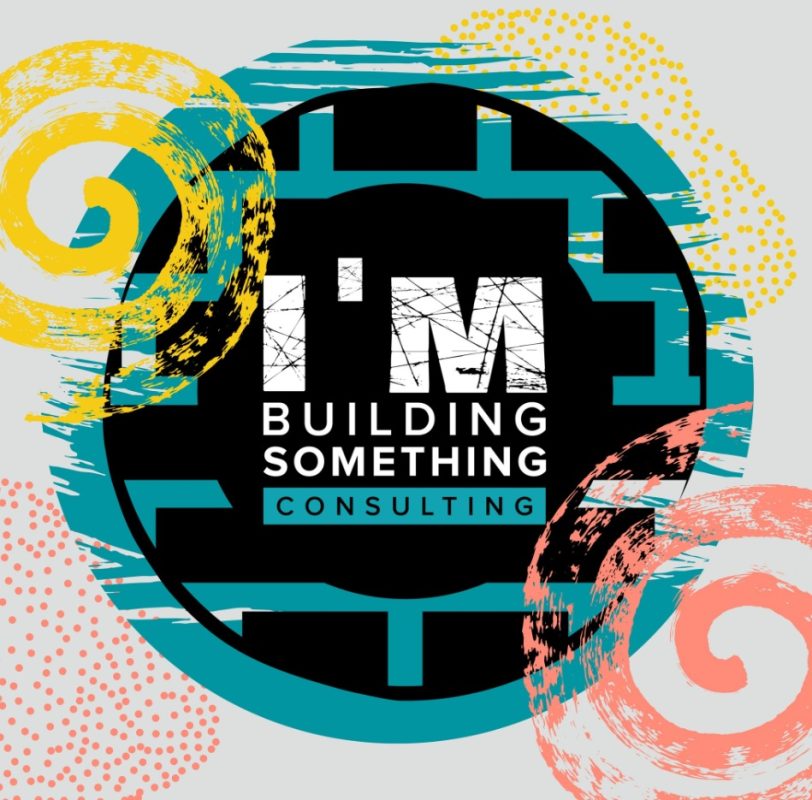Why This Project Exists
Black women have long carried the weight of resilience in silence. Despite being one of the most educated and entrepreneurial groups in the U.S., Black women continue to face unique and compounded challenges that impact their mental health: systemic racism, healthcare disparities, economic inequality, and the cultural stigma around seeking mental health support. These historical and structural barriers have created a gap in care that often leaves Black women underdiagnosed, misdiagnosed, or overlooked. This project was born out of a profound recognition of that gap and the urgent need for safe, affirming, and accessible mental health resources tailored to the lived experiences of Black women.






